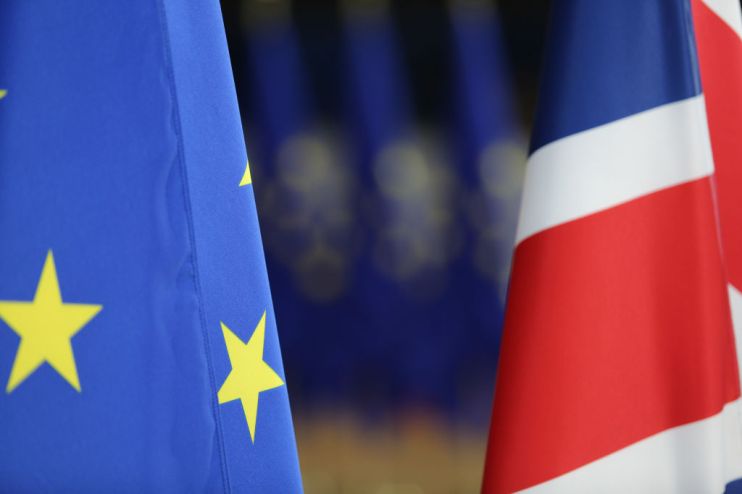UK industry risks falling foul of EU’s new carbon tax

British businesses selling into the European Union are unprepared for the bloc’s new carbon tax and run the risk of penalties if they are not compliant, a leading advisory firm has warned.
BDO fears companies could be exposed to sanctions, delays to supply chains and eventually higher prices, following the EU’s introduction of the carbon border adjustment mechanism (CBAM).
The legislation, which came into force today, requires EU importers to submit quarterly declarations to customs authorities on the carbon emissions associated with certain incoming goods.
UK businesses selling in the EU will be affected, even if they are only exporting to EU customers.
Initially, the CBAM only applies to industrial imports into the EU such as aluminium, cement, electricity, fertiliser, hydrogen, iron and steel.
Failure to do so could leave businesses unable to export goods and lead to financial penalties — with the first deadline on declarations 31 January, 2024.
Matthew Clark, international trade partner at BDO, said: “Importers may run the risk of significant penalties if they fail to report and may find their supply chains disrupted if goods aren’t cleared through customs.”
In future UK exports to EU markets will also face carbon costs alongside the administrative burden.
The CBAM is designed to clamp down on “carbon leakage” — and will soon apply a charge on the import of goods manufactured in locations outside the EU where environmental regulations may be laxer.
The theory is that if the gross prices for imported goods are the same as those manufactured in the EU, the incentive for carbon leakage is removed — with UK carbon prices roughly half those on the Continent through the domestic emissions trading scheme.
Since Brexit, the UK’s carbon pricing regime has typically been more costly than the EU’s due to its smaller market size — with prices still comparable until April this year.
However, the UK’s carbon price has since collapsed in comparison, chiefly from weak power demand and and declining manufacturing figures, according to analysis from S&P Global.
This means that UK businesses could eventually face higher costs due to a laxer emissions regime — with the payment obligations set to kick in in January 2026.
“UK businesses will also need to carefully consider the impact of incorporating ‘cheaper’ carbon intensive raw materials into their manufactured products, and what impact this will have on the competitiveness of goods then being exported into the EU,” Clark explained.
The government is considering introducing its own carbon border tax, meaning businesses importing goods into the UK will also need to keep up with policy developments.
Jonathan Maxwell, chief executive officer at energy efficiency fund SDCL, told City A.M. that the problem was not regulation in the EU, but the lack of a matching incentive in the UK to cut carbon in the domestic market.
He argued that carbon pricing is “a key incentive for accelerated decarbonisation and increased energy efficiency” and encouraged industry to “do more with less”.
Maxwell said: “In simple terms, a low UK carbon price means our industry will foot the bill to subsidise decarbonisation and energy efficiency in Europe rather than at home, all paid for by UK consumers. So much for taking back control and helping households by slowing down our decarbonisation efforts!”
However, Andy Mayer, energy analyst at the Institute for Economic Affairs, argued that carbon border taxes are “a protectionist admission that EU carbon taxes are too high” and risk “damaging competitiveness”.
Mayer believed tariffs would not “solve the problem” and instead just “embed higher costs for businesses” – limiting progress to net zero by raising the costs of all supply chains including renewables, battery and nuclear.
He said: “For UK companies exporting to the EU, the added bureaucracy will be a costly nuisance. But for importers, particularly those processing for non-EU export, it’s an opportunity. The UK’s own carbon price has fallen considerably this year, if we can sustain that advantage, long-term, we stand to gain, including in the development of low carbon solutions.”
City A.M. has approached the government for comment.